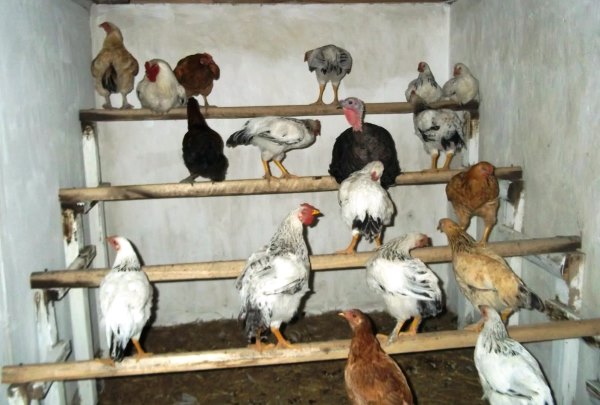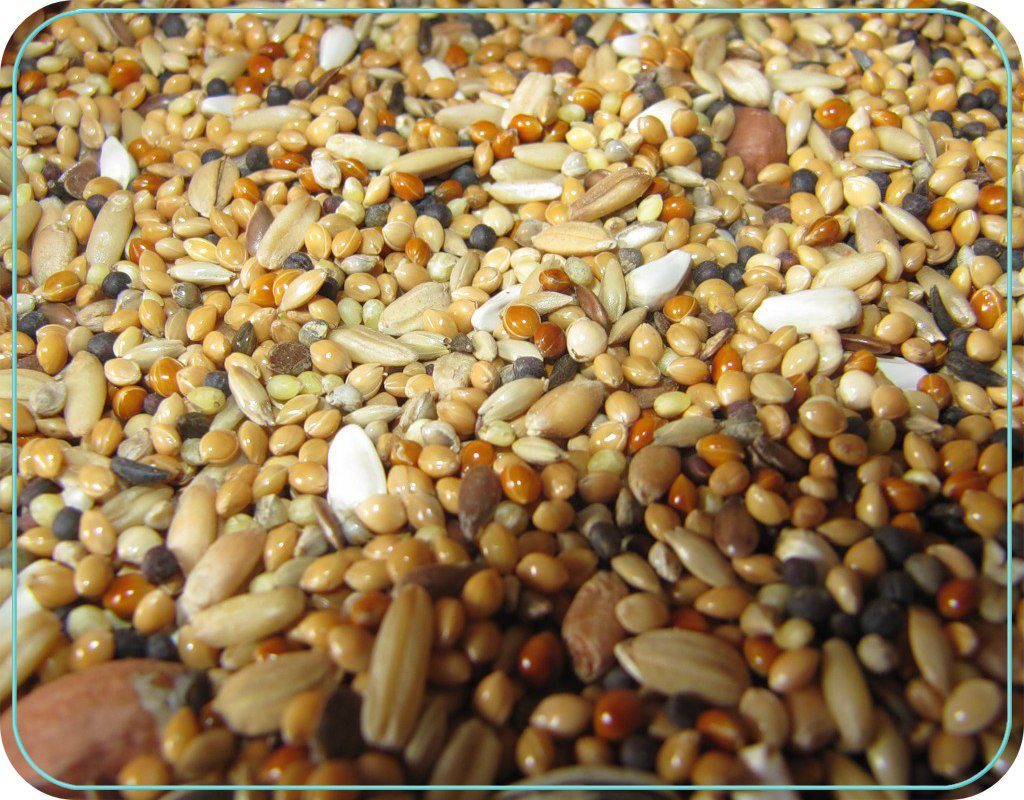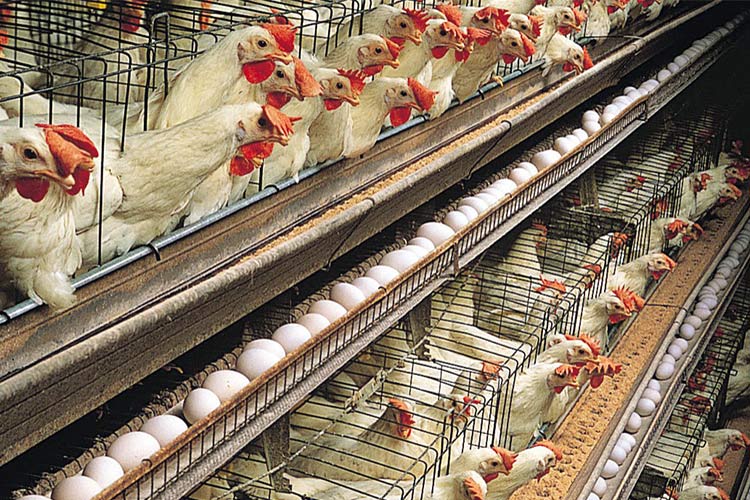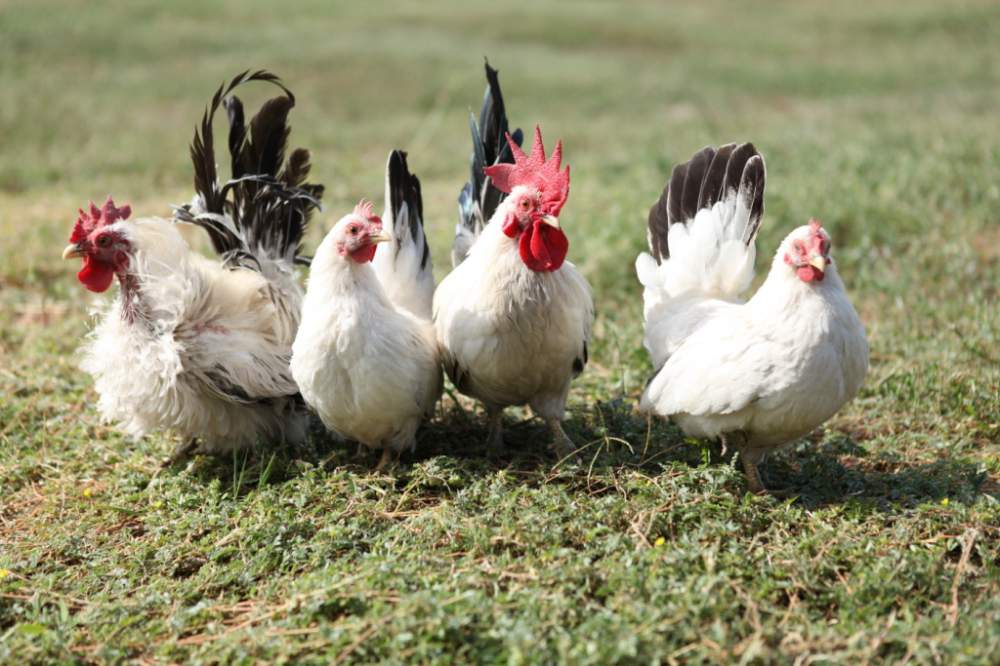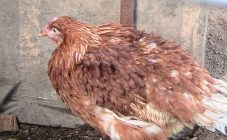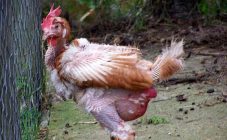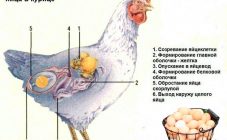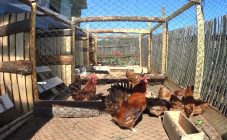Content:
Chicken is the most abundant poultry in the world. Eggs are a storehouse of vitamins and amino acids. They are shown even for children's menus and nursing patients. To have such an irreplaceable product on the table, you need a laying hen. It does not matter, in huge poultry farms or in a private backyard, be sure to follow the rules for keeping poultry. Otherwise, there is a risk:
- lose a bird;
- do not wait for the eggs;
- get pecked and eaten by the bird itself.
Why do chickens peck their eggs, what to do about it?
Rules for caring for chickens at home
Chickens are rather unpretentious birds. Even for a novice poultry farmer, their breeding does not threaten with large material costs. The very first and most important thing in this process is the construction of the poultry house. The choice of location should be treated with special attention. It should not be flooded during the spring flood. The chicken coop itself should be spacious, light and without drafts. There is no particular need for the height of the ceilings, about 2 m is enough, but there are requirements for the floors. In no case should you make them concrete. Such a floor will be cold almost all year round. In order not to get sick, the bird should walk on straw or sawdust bedding. Dry grass and wood shavings are also good.
For egg production, one of the main conditions is illumination. All year round, it should be at least 15 hours a day. In winter, you will have to light up.
To circulate air in the room, you need a vent or an exhaust hood. The latter is preferable as it does not allow for excessive cooling of the house.
Chickens are known to sleep on roosts. A meter perch is enough for 5 chickens. The pole should be no more than 5 cm in diameter, so that the bird can comfortably grab it with its paws. Recommended roost heights from 0.5 m to 0.8 m.
For the main purpose, the laying hen needs a nest. A variety of materials and containers are used for it. The classic option is, of course, wicker baskets. They are lightweight and environmentally friendly. They have good air exchange, which means that the litter will always be dry and comfortable. But nowadays, more and more use is made of improvised materials such as cardboard, boards and even plastic boxes.
Layers love to dig in the ground in summer. In this way, they grind their claws, replenish the body with bioadditives in the form of worms, and can peck small stones for better digestion. In addition, walking helps them not to gain weight. Obesity is fraught with a decrease in egg production. Therefore, it is imperative for them to organize a walking area. In warm weather, a feeder and a drinker are installed there. It is optimal to make the feeder in the form of a narrow long box with a partition along its entire length (so that the bird cannot get inside). One running meter is enough for 5-6 chickens. A hole (45 × 45 cm) should be cut from the poultry house for walking.
Any low capacity can be used as a drinker. Although, given the sloppiness of the bird, it is better to build an autodrinker.
An obligatory attribute of any poultry house is a large container of sand and ash. This is a bathhouse and a hospital.Bathing in this mixture, the bird cleans its feathers from dead cells and insects. But this does not mean that the room does not need to be additionally disinfected.
Another of the main factors for good egg production is a balanced diet. The main diet of the bait is protein. This component is contained in the right amount in bone or fish meal. Fat will be provided by oats and corn. They get vitamins A, B and D from vegetables, herbs, hay, legumes. They don't really need carbohydrates and fiber.
It is required to feed the hens up to 4 times a day. The main meal is early morning, and the last meal is at night.
Why and what to do if chickens peck their eggs
Like any other living organism, the chicken reacts to certain life situations. With a lack of lighting, it stops laying, with a decrease in temperature, it reduces productivity, and with a lack of certain microelements, it begins to peck at the laid eggs.
To succeed, you will have to make up the diet of chickens in the image of special food. Here are the main ingredients of a chicken diet:
- carbohydrates: cereals (wheat, corn, rye, oats);
- animal and vegetable proteins (fish, fish meal, bone meal, legumes);
- minerals (chalk, crushed shell rock, salt);
- vitamins (herbs, vegetables, food additives).
Protein-enhanced foods are suitable for laying hens. Also, the content of minerals should be higher than for meat-based chickens. The hen needs minerals to form the egg shell. With a lack of one or another component, the bird will begin to get it on its own - from its egg, eating it.
Why chickens peck their eggs with a balanced diet are explained by the following facts:
- Overcrowding. To prevent this from happening, you need to take care of sufficient space for each individual in advance. Optimal for hens 1 m² for 3-4 units. In crowded conditions, the bird behaves aggressively, fights often break out. The mental state of a bird can be expressed in any manifestation, including pecking of eggs.
- Lack of nests. A quiet lay requires at least one nest for 5 hens. Moreover, they should all be designed in the same way and securely isolated. Otherwise, all the birds will choose one nest and will try to lay eggs in it at the same time. Of course, in this case, crushing of the masonry is not excluded. To breed birds in different nests, it is recommended to keep something similar to an egg in each of them. For example, a tennis ball. Chickens prefer a non-empty nest for laying.
- Cellular content. Not all breeds tolerate confined spaces. Due to the lack of space for movement, chickens sometimes arrange fights and other sabotage. This can be avoided by free-range or by constructing egg cages.
- Periodic molts. Quite often, the damage to the clutch is the annual molt of the bird, if the breed is carried all year round. In its natural environment, the bird does not lay eggs during the plumage change. This is laid down by nature as a defense of the body. With hybrids, the situation is special. They are bred specifically for productivity.
During molting, trace elements and vitamins should be added to food in greater volume. Small amounts of fish oil are good. This tool should fix the problem.
But, if the cases of sabotage have not stopped, you need to look for the reason in the bad inclinations of some individuals. It happens that several chickens, recognizing the taste of fresh eggs, continue to do so for no reason in the future and set a bad example for the rest of the herd. It is urgent to find violators and isolate. Sometimes it is possible to wean them from eating eggs, but more often they are allowed to eat meat.
For re-education, you can try:
- put a snag in the nest, for example, a tennis ball;
- put an egg stuffed with mustard;
- ensure complete darkness in the nesting site, since the chickens are blind in the twilight and may not notice the egg;
- and a very wild way is to cut the beak.
Preventive measures
In order not to get trouble in the form of masonry pecking, it is worth taking preventive measures. This, of course, primarily concerns nutrition. The role and organization of the content is great. It is also important to monitor the behavior of the herd (or individual specimens).
Experienced poultry farmers give these tips:
- Allow chickens to roam freely in the yard whenever possible. In the warm season, sowing of the walking area with cereals or just different grass is welcomed. Part of the necessary vitamins will necessarily enter the body of the laying hen.
- To give food special compound feed for poultry. All norms are taken into account there.
- When making the mash yourself, it is worth adding vitamins and minerals that are produced specifically for laying hens (rex vital, hazel grouse, ryaba chicken).
- Dry the green grass in granules for the winter (chop and dry). Such greens retain most of the necessary components.
- Feed sprouted grains regularly. Cereal sprouts contain many beneficial trace elements. As feed, such grain is much more nutritious.
- Avoid laying eggs outside the nest. An abandoned egg can break, and the chickens will definitely taste it. And they will like it.
Why does a chicken eat chicken
Among turkeys and chickens, cannibalism is not uncommon. Moreover, the bird that has sensed the taste of blood cannot be stopped. Everything can start quite harmlessly - with plucking feathers. Perhaps everything will stop there. But, if a weaker chicken was attacked, then the matter can (and often comes) not only to murder, but to the complete devouring of the unfortunate to the skeleton. Of course, more than one attacker will peck. The whole herd will join her rabidly.
It all starts from the softest place - the cloaca. The end goal of the attackers is the insides of the slaughtered bird. For some reason they are especially attracted to villains. If this happened with a chicken family, you need to immediately solve the problem. Feeling the taste of blood and meat, chickens will seek to repeat the attack. Only such birds will become more every time.
It is impossible not to notice the murder. Firstly, there is a corpse (or already a skeleton), and secondly, the cannibals' beaks will be covered in feathers and blood. This is if the chickens are in a private courtyard. There are big difficulties with this at the poultry farm, so there is mainly cellular content.
Poultry breeders see overcrowding as a problem. The inability to move, eat and drink calmly causes real stress in layers. It accumulates and then appears in some form. From this, the bird can get sick, die or go crazy. The latter can just spill out as aggression towards relatives. Things can get out of hand, especially when newcomers enter the herd.
Chickens are very curious birds. Sometimes, it happens, they come up and just poke their feet. Maybe this curiosity pushes them to try to find out what is inside the egg she laid? This is probably possible. But, nevertheless, nature in the hen has an instinct to preserve the clutch. The hen considers them to be future chicks. But this is in nature, where they seek and find all the elements necessary for health. And in a closed chicken coop, the herd is entirely dependent on the owner.And the bird has to find the lack of some elements on its own. In such conditions, it is not necessary to ask why hens eat their eggs, how to wean. From here and biting, and eating eggs. In order to avoid spoilage of products, it is worth taking a closer look at the behavior of pets and feeding them balanced mixtures.

